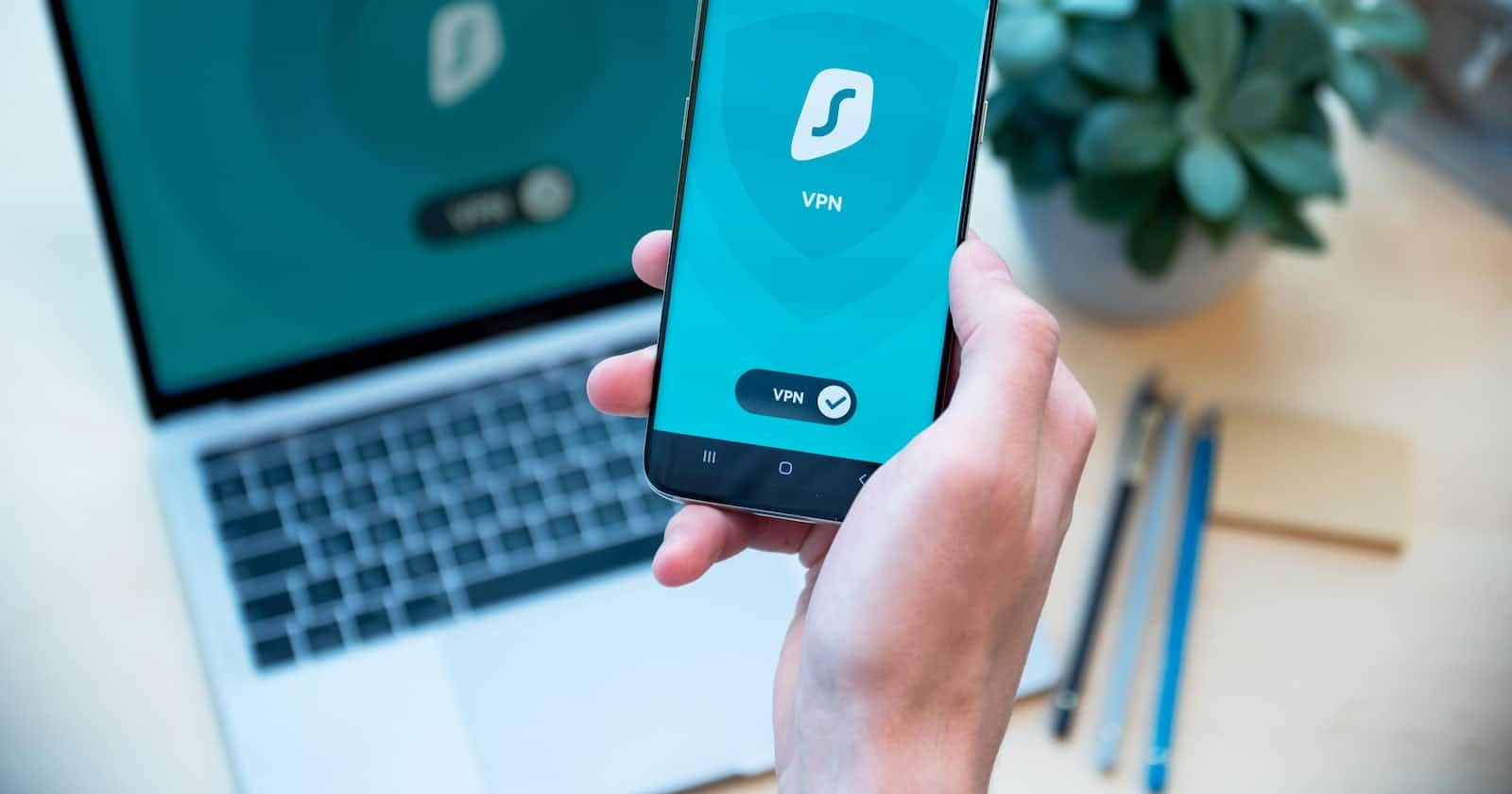There was a company named InnovateTech that embraced the concept of Bring Your Own Device (BYOD) with open arms. The employees were thrilled to use their personal smartphones, tablets, and laptops for work purposes, enjoying the convenience and familiarity of their own devices. Little did they know that lurking in the shadows of this tech-savvy environment was a perilous threat waiting to strike.
Among the diligent employees at InnovateTech was Chidiogo, a talented graphic designer. She loved her smartphone and used it for both personal and work-related tasks. Having access to her professional emails, project management apps, and design software on her own device made her job easier and more enjoyable.
One sunny day, Chidiogo received an email from an unknown sender, claiming to be a client interested in hiring her for a big project. Excited by the prospect of new opportunities, she hastily opened the email, unknowingly unleashing a digital monster into her personal device.
The email contained a malicious link that installed a sophisticated form of malware. Unknown to Chidiogo, this malware bypassed her phone's security measures and quickly spread its digital tentacles, infiltrating her work-related apps, documents, and contacts.
As the malware silently worked its way through her device, it gained access to sensitive company information stored on cloud servers, compromising confidential client data, proprietary designs, and even financial records. Chidiogo had unknowingly become the unwitting accomplice in a grand betrayal of InnovateTech's cybersecurity.
Days turned into chaos as the malware silently spread to other employees' devices through shared files and communication channels. The once vibrant and tech-forward company was now on the brink of disaster. Clients started raising concerns about data security, and the reputation of InnovateTech was at stake.
Recognizing the gravity of the situation, InnovateTech's management swiftly sprang into action. They assembled a team of cybersecurity experts to investigate the breach and contain the damage. Their findings revealed that lax BYOD policies had created an environment vulnerable to such attacks.
The incident served as a wake-up call for InnovateTech and its employees. They realized that the convenience of using personal devices for work came with a significant risk. The company swiftly implemented stricter BYOD policies, mandating the installation of robust security software, regular device audits, and training programs on identifying and handling phishing attempts.
Moreover, InnovateTech fostered a culture of cybersecurity awareness among its employees. They encouraged open discussions on best practices, highlighting the importance of maintaining a vigilant stance against cyber threats. Regular workshops and simulations were conducted to sharpen the employees' skills in identifying suspicious emails, links, and attachments.
As time passed, InnovateTech regained its footing. The breach had been a costly lesson, but it strengthened the company's commitment to cybersecurity. By adopting a more robust BYOD policy and fostering a cyber-aware workforce, InnovateTech rebuilt its reputation as a trustworthy and secure organization.
Chidiogo, having learned from her mistake, became an ambassador for cybersecurity awareness. She shared her cautionary tale with colleagues, friends, and even local schools, emphasizing the need for vigilance and responsible device usage.
"The BYOD Betrayal" became a legend at InnovateTech—a story that reminded everyone of the importance of cybersecurity and the consequences of complacency. From that day forward, the employees vowed to protect themselves and their company, turning the tale of betrayal into a powerful catalyst for change.
And so, InnovateTech continued its journey with renewed strength, armed with the knowledge that cybersecurity awareness was the ultimate shield against the ever-evolving threats of the digital world.
...
Derek


